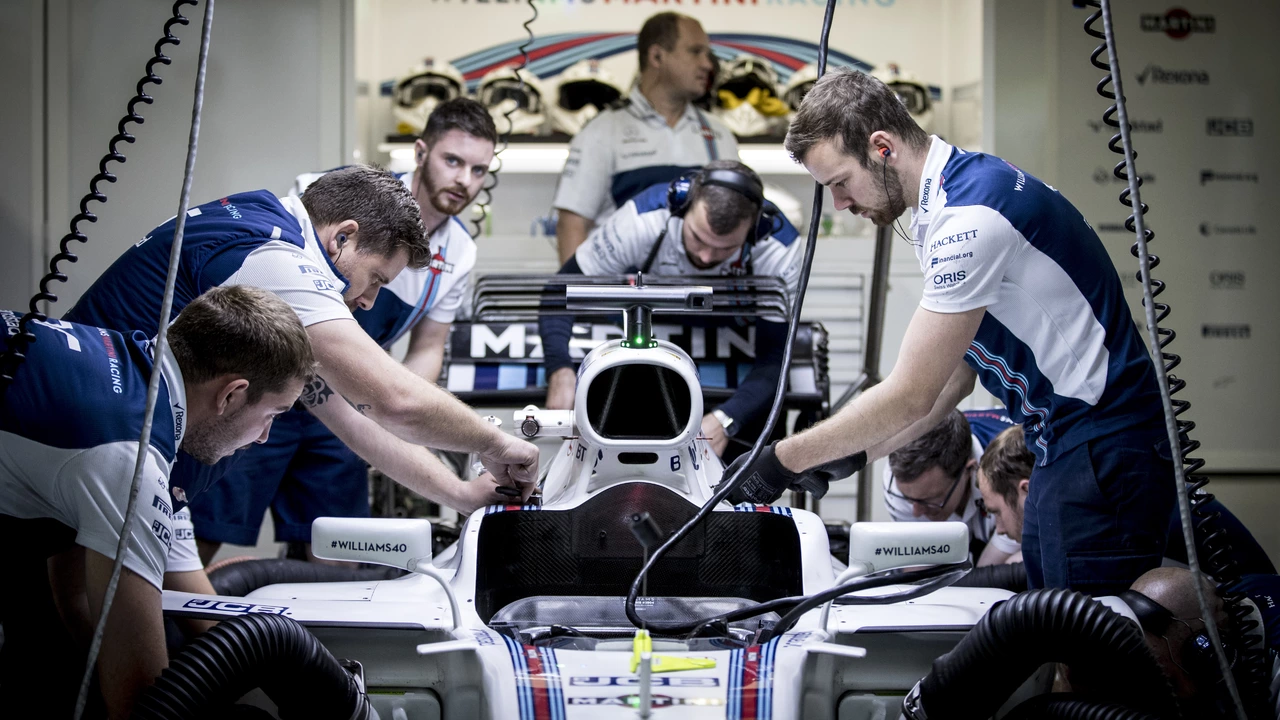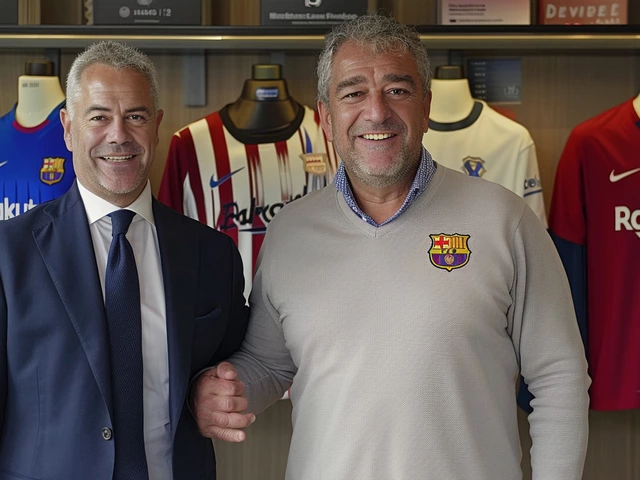Career Advice for Motorsports – How to Kick‑Start and Grow Your Racing Career
Ever wondered how people go from watching races on TV to actually working on the pits or behind the wheel? The answer isn’t a secret formula, but it does involve clear steps, smart choices and a lot of hustle. Below you’ll find a road‑map you can follow whether you want to be a driver, engineer, crew chief or marketing pro in the world of motorsports.
Getting Started – Build Your Foundation
First thing’s first: learn the basics. If you’re aiming for a technical role, a diploma or degree in mechanical engineering, automotive technology or motorsport engineering gives you credibility. Many colleges now offer specialised motorsport modules – think of them as fast‑track tickets into the industry.
If driving is your goal, start young with karting. Karting teaches car control, racecraft and the competitive mindset you’ll need later. Even if you’re not a future Formula 1 driver, the experience looks great on a résumé and teaches you how a racing team operates.
For the business side, courses in sports management, event planning or digital marketing are a solid start. Motorsport teams need people who can sell tickets, manage sponsors and keep fans engaged online. A certificate in digital media or a few internships with local racing clubs can be enough to get noticed.
Advancing Your Path – Skills, Networking, and Opportunities
Once you have a base qualification, it’s time to get hands‑on. Volunteer at local race tracks, help out at car clubs, or offer to be a pit crew assistant for a weekend series. Those few days on the track teach you the language of the sport, and you’ll meet people who can open doors later.
Networking isn’t just shaking hands at conferences. Join online forums, follow teams on social media, and engage with posts that discuss technical setups or race strategy. Comment with thoughtful questions – you’ll stand out and often get invited to private groups where job leads are shared.
When you start applying for jobs, tailor each application to the specific role. Highlight relevant coursework, any hands‑on projects (like building a go‑kart or designing a suspension system), and mention the people you’ve met in the industry. A short, genuine cover letter beats a generic one every time.Don’t overlook apprenticeships and graduate schemes. Big teams like Alpine, McLaren or local UK outfits often run structured programs that combine classroom learning with real‑world pit work. They’re competitive, but the experience you gain is priceless.
Finally, keep sharpening your skills. For engineers, learn CAD software, data analysis tools and get comfortable with telemetry. Drivers should practice mental focus techniques, fitness routines and simulators. Marketing folks need to understand analytics, SEO and content creation – all useful when promoting races or sponsors.
In motorsports, progress isn’t always linear. You might start as a hospitality staff member, move to a timing crew, and later transition into a technical role. Embrace each step, keep learning and stay passionate. The road to a motorsports career can be winding, but with the right foundation, networking hustle, and continuous skill upgrades, you’ll be racing toward your dream job faster than you think.
 12 July 2023
12 July 2023
What do you have to do to get a good job in motorsport?
Securing a good job in motorsport requires a mix of passion, knowledge, and skills. First and foremost, you need to have a deep understanding of the sport, including its technical aspects. Developing relevant skills, such as mechanical or engineering knowledge can be crucial. Networking is also key, as this industry often operates on who you know. Lastly, gaining experience through internships or volunteering at events can give you a leg-up in this competitive field.
Latest Posts
-

Barcelona Names Hansi Flick as New Manager: Club Faces New Era
-

Early November Snow Hits Europe: Experts Warn of Unusual Winter Risks
-

Escort Services in Russia: How Secrecy, Professionalism, and Quality Drive the Industry
-

Spencer Matthews Starts Seven Triathlons on Seven Continents in 21 Days
-

RHOP Star Mia Thornton Arrested at Atlanta Airport Over $11K Furniture Theft
0